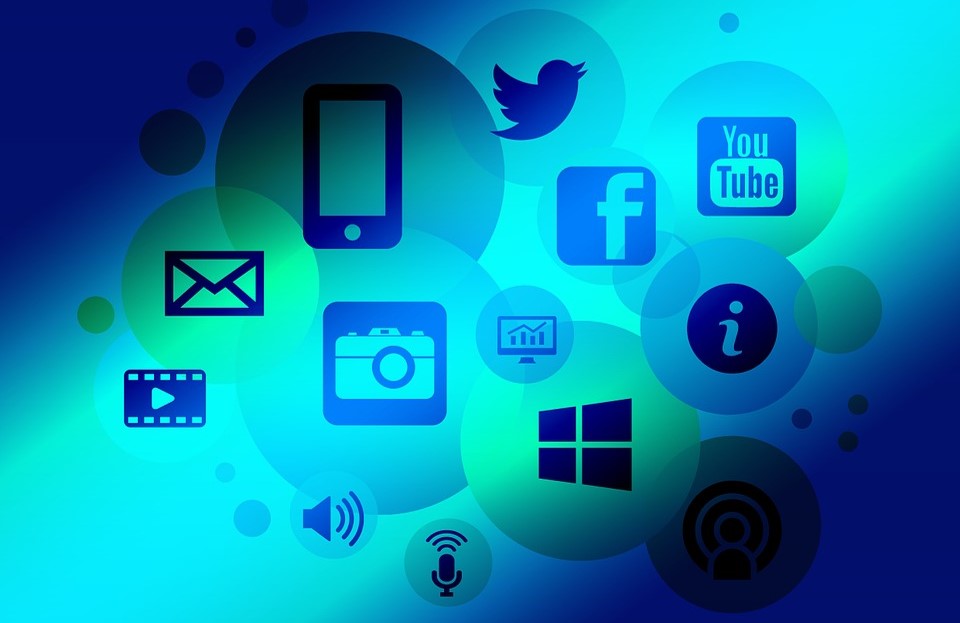
By Areeq Chowdhury.
As the modern world’s closest and largest realisation of an anarchic society, it should come as no surprise that the internet is in a chaotic, ungovernable, and dangerous state. With an estimated 3.5 billion users globally, the internet is a society which has a population larger than those of China, India, and the United States combined. It is a society, however, without rules, citizenship, or civility. The social contract debated by philosophers throughout the ages, an idea to underpin order in societies, has been consciously ignored during the proliferation of the internet. Instead a different path of ‘openness’ has been pursued.
Those familiar with digital philosophy will know that the mainstream desire is for the internet to be ‘open’ and ‘free’ from the shackles of the offline world. Freedoms of thought, expression, and speech should be paramount above all else. The idea of an open internet can extend further to free access for all to resources such as data, algorithms, or academic articles. On the surface, this idea is a positive force that vanishes barriers to knowledge, education, and innovation.
By contrast, a ‘closed’ internet is riddled with government or corporate-enacted filters and restrictions. Access to pornography may be age-restricted, news articles may be hidden under paywalls, and some online content may be made illegal altogether. On the whole, the internet today is increasingly becoming a closed space. Many see this as a negative situation. There is an underlying fear that countries may follow the path of autocratic regimes in outright blocking access to content based on ideology or political opposition. Others see restrictions and filters as a necessary tool in the fight against extremism, child pornography, and piracy.
The recent terrorist attacks in the US and New Zealand by white supremacists drenched in dark, alt-right, internet culture brought this debate to the forefront of political discussion. How is it that individuals can anonymously plot and propagate violent hatred online, almost totally unchecked? The attacker in Christchurch had participated in niche online forums before posting the link to his depraved Facebook livestream prior to opening fire on innocent Muslims. Within the first 24 hours, there were 1.5 million attempts to upload the video of the attack on Facebook with 300,000 versions successfully passing automatic filters. YouTube said a version of the video was being uploaded every second in the aftermath of the attack. The status quo allows the so-called ‘manifestos’ of these killers to be disseminated and read an immeasurable number of times.
As with many words, positive and negative language can induce positive and negative feelings. The words ‘yes’ and ‘no’ can infer a positive and negative meaning. Similarly, the words ‘free’ and ‘restricted’ or ‘open’ and ‘closed’ can also induce positive and negative feelings. Instinctively, ‘free’ sounds more appealing than ‘restricted’. The same is true with ‘open’ and ‘closed’. But how about a new description of a ‘civilised’ and ‘uncivilised’ internet? Which sounds better now?
The offline society we live in is rules-based and, by and large, civil. If you were to commit a crime, in theory, you could be identified, prosecuted, and punished. Surveillance cameras, police, and identity databases would be able to track you down. Banks could close accounts and border forces could prevent you from fleeing the country. Aside from criminal activities, restrictions exist elsewhere offline. You may have to purchase books or newspapers. You may have to collect data or design products from scratch. Restrictions permeate the offline world. It is a closed society.
Can the internet be civilised or is it merely wishful thinking? Does the borderless, anonymous nature of the internet make it impossible to civilise the digital society in the same way we civilise the offline world? Is there a need to define a social contract for the digital world?
Global governance of the internet is one possibility, but an idea which is unlikely to reap rewards in the short or medium term. International efforts to combat climate change, a similarly borderless phenomenon, appear to have had minimal success so far. To make progress, we must have conversations about three ideas in particular. First, a conversation regarding the potential of levying a new ‘civil internet tax’ against tech giants to help fund actions combating the negative externalities created and exacerbated by social media platforms. Secondly, a conversation about the pros and cons of moving away from anonymity towards pseudonymity, forcing social media platforms to verify the identities of their users. This conversation is already beginning in the UK, following the torrents of racist online abuse suffered by Premier League footballers. Finally, an uncomfortable, but necessary, conversation must be had about the power to temporarily suspend social media platforms as a final sanction against companies which fail to take sufficient action against online harms.
Through these means, we can begin to lay the foundations of a civil and functioning internet society. One in which citizens and corporations are able to be held accountable for actions which disrupt social order. Failure to do so will mean more of the same; the unhindered spread of violent propaganda, the proliferation of hate speech, and the exacerbation of preventable evils.
Areeq Chowdhury is the Head of Think Tank at Future Advocacy.
Download our response to the UK Government’s Online Harms consultation, A civil internet tax: taxation as a means of regulation, here.